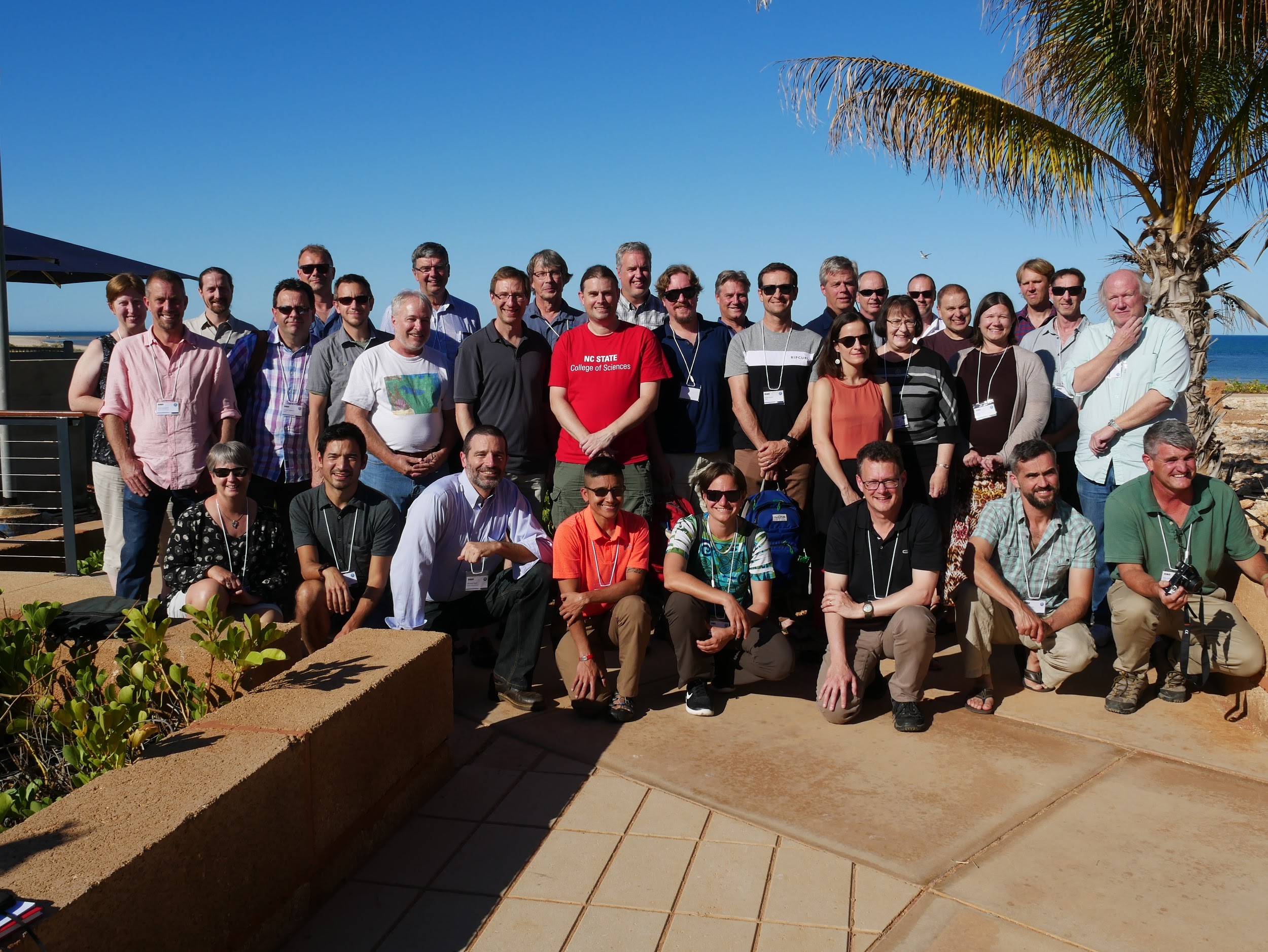The Genetic Biocontrol of Invasive Rodents Program, or GBIRd, is composed of experts from universities, non-profits, including Island Conservation, and government agencies who came together to study new technologies capable of preventing extinctions. Our partnership’s goal is to create a novel technology in a mouse that can eradicate invasive mice from islands (and eventually other rodents) to protect native island wildlife. This technology would give conservationists a safer, more humane, and flexible tool than methods that are currently available.
Recently, Island Conservation coordinated the 4th Annual Meeting of the GBIRd Program. The meeting, which typifies our interdisciplinary effort by facilitating discussions and strategies into a variety of topics areas including ethics, regulatory engagement, and mammalian genetics, was a good opportunity to reflect on the achievements and challenges faced by Island Conservation and GBIRd.
Over the past year, we have made important advancements in both biological research and responsible stakeholder engagement. But a lot more work remains! The recent publication by Godwin et al. (2019) gives a good overview of some of the gaps we will need to tackle in the future.
We have also progressed our thinking about how our partnership should work. With the support of our colleagues from the Western Australia Department of Biodiversity, Conservation & Attractions and the Center for Invasive Species Solutions, we have also started to develop a 5-year Business Plan and GBIRd Charter to guide our growth and finances moving forward.
These are important milestones for the project, but we are also aware that GBIRd is not progressing in a vacuum. Other research teams can help us advance. In 2019, Island Conservation met with the Tata Institute for Genetics and Society at UCSD and introduced them to conventional operations and the GBIRd effort. Together, we discussed our approaches to stakeholder engagement, operational logistics, and risk assessments.
Going forward we hope that we can build on many more collaborations to advance our efforts. To learn more about GBIRd’s recent publications, visit The Royal Society Publishing, Nature – Scientific Reports, IUCN, North Carolina State University, MDPI and Invasive Species Specialist Group.

2019 GBIRd Annual meeting in Raleigh, NC, USA.
To learn more about GBIRd programme and how gene drive can help to address biodiversity loss, visit their website.
Recent posts
